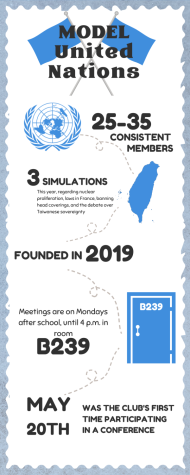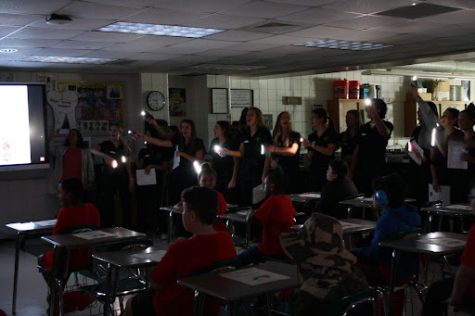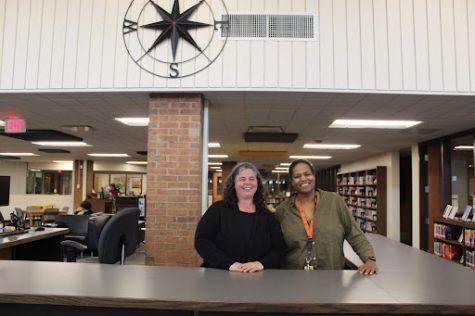Recent violence causes heartbreak in the LGBTQ+ community: Students and staff reflect on Club Q shooting
January 17, 2023
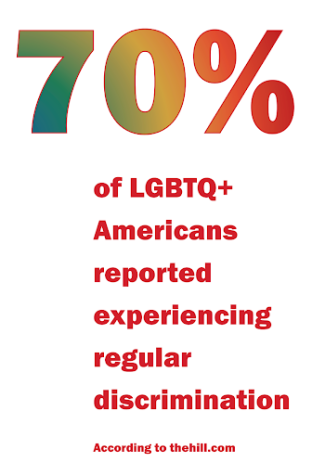
Societal Homophobia
Coming out as gay wasn’t something to sweat over for freshman Silas Wooten. With his strong, supportive and caring family, he knew he would feel loved through every step of his journey.
Unlike Wooten, some members of the LGBTQ+ community don’t feel safe to come out in fear of unsupportive friends and family or the possibility of facing violence. According to the Fact Sheet on Injustice in the LGBTQ Community, LGBTQ+ people are four times more likely than heterosexuals to experience violence in their life.
One of the most recent instances of violence experienced by people in the LGBTQ+ community occurred at the Colorado Springs Club Q shooting. A gunman entered the queer bar and opened fire, killing five people and injuring 19. He was only stopped after a veteran held him down and a woman stomped on him with her heels.
In response to the violence, school social worker and Diversity Club adviser Lauren Klein attributes some of the hostility to society’s lack of education and awareness about the LGBTQ+ community.
“I think there is a significant lack of understanding of marginalized groups from some members of our society,” Klein said. “[That lack] of understanding leads to fear and resentment and people lash out against these groups as a result of that ignorance.”
When confronted with violence like this, some people may silence themselves in fear of repercussions. However, Wooten believes that it is better to raise your voice to prevent these violent behaviors from happening in the future.
“I feel like people need to start standing up for themselves, spreading the message [and] saying the reasons why this is happening and how we can change it,” Wooten said. “Right now there’s not a lot of change and we need more in this community so we can grow bigger and we can all become more of a family.”
Effects on youth
As injustice toward the LGBTQ+ community remains present in society, it can have long-lasting effects, especially on youth. Discrimination of sexual orientation and gender identity can make youth feel a lack self-worth and unimportance, which could increase the risk of self harm or suicide according to The Trevor Project’s 2022 National Survey on LGBTQ Youth Mental Health. It reported that 45 percent of LGBTQ+ youth, including more than half of transgender and nonbinary youth, seriously considered suicide.
With the increased risk of self harm in adolescents, senior and president of Diversity Club Gaelle Dalmacy says that homophobia is a serious problem that needs to be addressed because it can cause much damage to young people’s mental health.
“Homophobic remarks should be reported to the administration and dealt with seriously, and students that overhear that kind of talk from friends or classmates should speak out against it and educate those that are spewing hateful speech,” Dalmacy said.
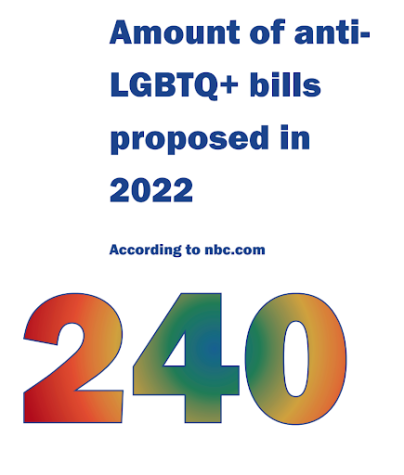
Despite there being damaging effects discrimination against LGBTQ+ youth, Wooten feels as though his experience with homophobia taught him the purpose of unity. He says he was able to discover a sense of community, especially with his friends, and believes this helped him strengthen his response to the homophobia he faced.
“When [homophobia arises] we’ve kind of learned to stand together, to say that ‘these things are not right’ and ‘how can we help you’ because these are not things that you should be saying out loud and even trying to hurt us,” Wooten said. “I’m very lucky to have a really big group of supportive friends that help me if something ever bad happens.”
Resources available to students
Rather than struggling alone, North has its own resources such as clubs, policies and communities that students are able to utilize to feel comforted and heal from their traumatic experiences.
To reassure students that it is acceptable to be who they are without criticism, school social worker Megan Price says North has different aspects that work to develop an environment that provides students a sense of belonging so that they can feel comfortable and confident in who they are.
“Our Mental Health team in the counseling center is always here to meet with students one-on-one to support them throughout their four years, and whatever journeys they may be on along the way,” Price said. “We [also] have plenty of clubs and organizations that work to support these students such as Diversity Club, Peer to Peer, Social Justice League and more who exist to ensure the voices of our LGBTQ+ students at North are being heard.”
In addition to providing a sense of community and aid for students, the school has made developments to help students validate their true selves and identities. According to Klein, policies have been enacted for students to find comfort within school grounds regarding preferred names, pronouns and genders.
“We have a bathroom policy where transgender and nonbinary students have a place to go where they feel safe and don’t have to force themselves to use a certain bathroom where they are uncomfortable,” Klein said. “Families are able to change their students’ gender and preferred name in our school systems MiStar and Schoology.”
Along with the introduced policies that serve to promote acceptance, Price also emphasizes the importance of standing up to unacceptable behavior in order to avoid isolation and further harm to the community.
“Youth in these communities are disproportionately targeted when it comes to bullying throughout their lifetime,” Price said. “[In response to this], our North staff works to cultivate an environment here where all students feel respected, supported, and a sense of belonging.”



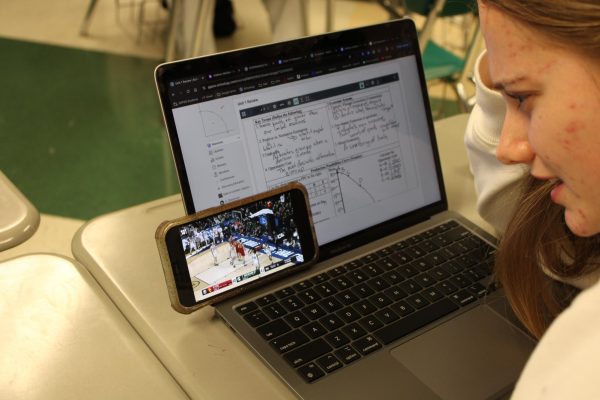

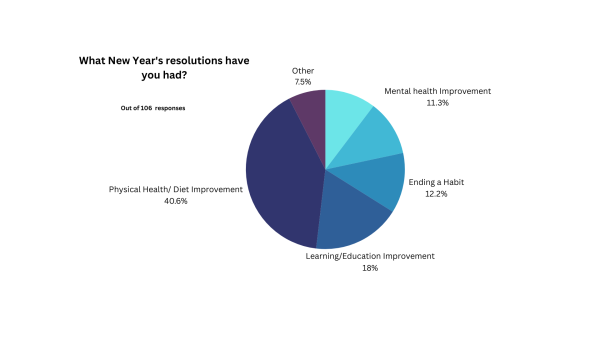


![CREATIVITY IN CRISIS | The former Creative Writing classroom sits empty since the course is not running during the 2023-2024 school year. English department chair Kristen Alles has empathy for the students who weren’t able to take the class, and wishes for its return future. “Having a class solely dedicated to Creative Writing is fun and I think it really helps foster that for students who really like Creative Writing,” Alles said. “I do feel bad for students who really want that [creative] outlet and art, but hopefully we can see it again maybe next year hopefully it’s not cut for good.”](https://northpointenow.org/wp-content/uploads/2023/10/unnamed-2.jpg)
